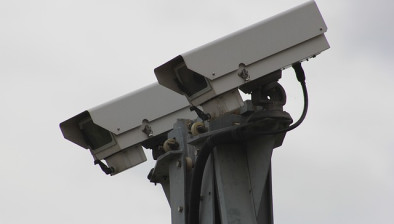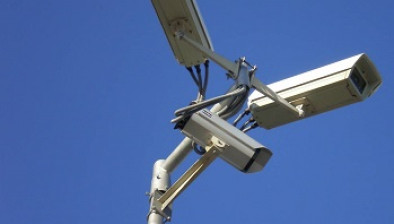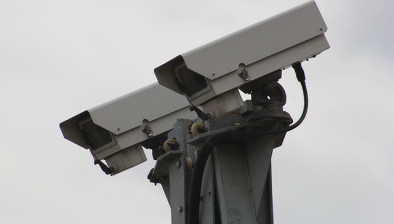Calls to ban facial recognition technology over racism and protest impact

Facial recognition technology amplifies racist policing and threatens the right to protest, campaigners have warned as they launch a global campaign against its use.
The new Ban the Scan campaign, launched by Amnesty International, will begin in New York City before expanding to focus on the use of facial recognition around the world.
Facial recognition technology can be developed by scraping millions of images from social media profiles and driver’s licenses, without people’s consent. Software then runs facial analysis of images captured on CCTV, or other video surveillance, to search for potential matches against the database of scraped images.
Amnesty argues this exacerbates systemic racism, as it could disproportionately impact people of colour who are already subject to discrimination and violations of their human rights by law enforcement officials. Black people are also most at risk of being misidentified by facial recognition systems.
Matt Mahmoudi, AI and human rights researcher at Amnesty, said: “Facial recognition risks being weaponised by law enforcement against marginalised communities around the world. From New Delhi to New York, this invasive technology turns our identities against us and undermines human rights.
“New Yorkers should be able to go out about their daily lives without being tracked by facial recognition. Other major cities across the US have already banned facial recognition, and New York must do the same.”
Amnesty International is calling for a total ban on the use, development, production, and sale of facial recognition technology for mass surveillance purposes by the police and other government agencies, and calling for a ban on exports of the technology systems.
Albert Fox Cahn, surveillance technology oversight project executive director at the Urban Justice Centre, said: “Facial recognition is biased, broken, and antithetical to democracy. Banning facial recognition won’t just protect civil rights: it’s a matter of life and death.”









